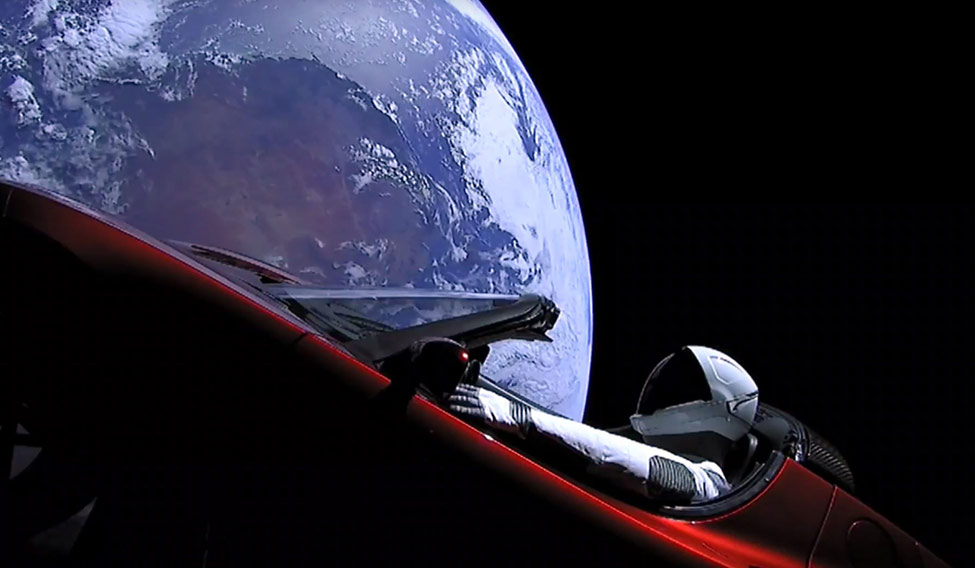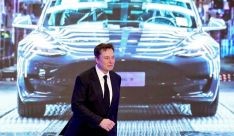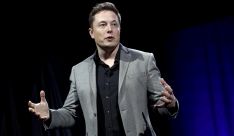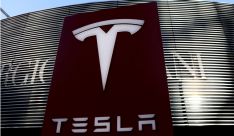After successfully launching the world's most powerful rocket named Falcon Heavy, looks like Elon Musk-owned SpaceX has defied its own target. If Musk's tweet is anything to go by, Tesla Roadster, the cherry red vehicle carried as a mock payload, has defied expectations and overshot its trajectory—ahead from Mars orbit to the asteroid belt. The car was originally planned to be placed in Mars’ orbit.
"Third burn successful. Exceeded Mars orbit and kept going to the Asteroid Belt," tweeted an elated Musk.
Third burn successful. Exceeded Mars orbit and kept going to the Asteroid Belt. pic.twitter.com/bKhRN73WHF
— Elon Musk (@elonmusk) February 7, 2018
It looks like it’s going so far into the asteroid belt that it will get relatively close to the orbit of the dwarf planet Ceres, reported technology webiste The Verge. "It’s unclear what exactly will happen to the car," the report added. Prior to the launch, Musk had said that there was an extremely tiny chance that the vehicle would even hit Mars. "But there’s been no clarification about how this new path will affect the car’s chances of running into some other space object," the report said.
Musk's tweet came a few hours after the 23-story-tall jumbo rocket, carrying the car, was successfully launched. The car's journey through the space was live streamed by SpaceX.
View from SpaceX Launch Control. Apparently, there is a car in orbit around Earth. pic.twitter.com/QljN2VnL1O
— Elon Musk (@elonmusk) February 6, 2018
The successful lift-off was a key turning point for Musk’s privately owned Space Exploration Technologies, which stands to gain a new edge over the handful of rivals vying for lucrative contracts with NASA, satellite companies and the US military.
Falcon Heavy is designed to place up to 70 tons into standard low-Earth orbit at a cost of $90 million per launch. That is twice the lift capacity of the biggest existing rocket in America’s space fleet—the Delta 4 Heavy of rival United Launch Alliance (ULA), a partnership of Lockheed Martin Corp and Boeing Co—for about a fourth the cost.
(With inputs from Reuters)









